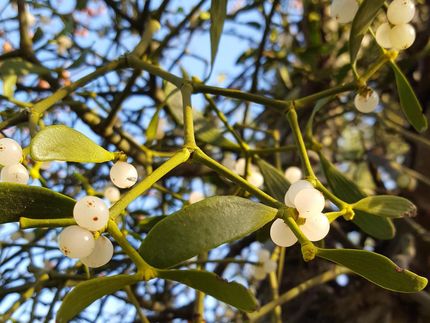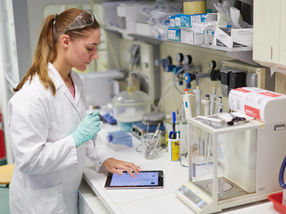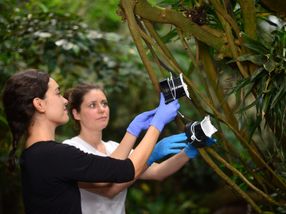Bioadhesives Poised to Replace Synthetic Solutions
The sector has vast technological capabilities with scope in wider applications
The global bioadhesive industry is rapidly gaining prominence due to the evolution of biomaterials and the benefits of bioadhesives in a host of applications across sectors. Though cost, reliability and shelf-life leave room for improvement, research is underway to address these challenges and quicken commercialisation.
New analysis from Frost & Sullivan, Advances in Bioadhesive Technologies, finds that bioadhesives are gaining popularity as alternatives to synthetic adhesives owing to environmental concerns and governmental emission regulations. In particular, mixed polymer-based bioadhesives such as end products of proteins and carbohydrates are making waves in end-user markets.
“As the application areas for bioadhesives expand in health and personal care, health-oriented and durable solutions will be the need of the hour,” said Technical Insights Research Analyst Sanchari Chatterjee. “This also highlights the importance of high-quality bioadhesive systems that are fine-tuned and customised for individual applications.”
Further, bioadhesives made from animal waste matter and even tissues disturb the sentiments of certain users. The consequent shift to plant-based alternatives gives birth to a newer problem of lower functionality and adhesion.
Investing in further research projects will hasten the discovery of viable resources available in large quantities and bring some solution to resource limitations. In this regard, more funding will help technology and product development. In terms of adhesion strength, tissue-sealants can seal the injured tissue for longer duration, thereby improving the sustenance of bioadhesives.
“Meanwhile, established market participants are working on reducing the cost and enhancing the functionality of the bio-based adhesives, especially for the healthcare industry. Eco-friendly alternatives for paper and pulp industry are being studied,” noted Chatterjee. “These bio-inspired adhesives will meet current requirements and additionally lay a platform for future innovation.”
Most read news
Other news from the department business & finance

Get the chemical industry in your inbox
From now on, don't miss a thing: Our newsletter for the chemical industry, analytics, lab technology and process engineering brings you up to date every Tuesday and Thursday. The latest industry news, product highlights and innovations - compact and easy to understand in your inbox. Researched by us so you don't have to.
























































